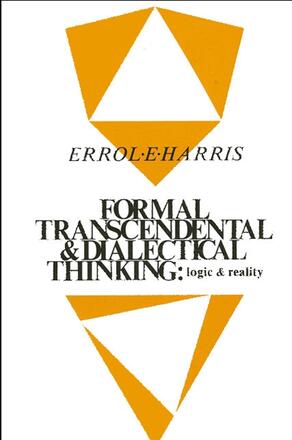
Formal, Transcendental, and Dialectical Thinking
Logic and Reality
Alternative formats available from:
Description
This is a critical examination of the three types of logic advocated by current philosophical schools. Harris shows that certain basic presuppositions underlying the techniques of symbolic logic have resulted in intellectual stultification, moral dilemma, and practical sterility. These presuppositions are shown to be at variance with those of contemporary scientific method. Critical consideration is given to alternatives, and a more appropriate logic of science is proposed, providing an escape from crippling relativism and promising objective validation of value judgments. This approach offers some prospect of solutions to the major problems now troubling our civilization.
Errol E. Harris is John Evans Professor Emeritus at Northwestern University.
Reviews
"Harris has written two or three really distinguished, perhaps great, books up to now; this is his best." — James M. Edie
"Like Hegel's, Harris' reading is evolutionary, though Harris has the advantage, and takes it, of the latest science." — Robert Cummings Neville